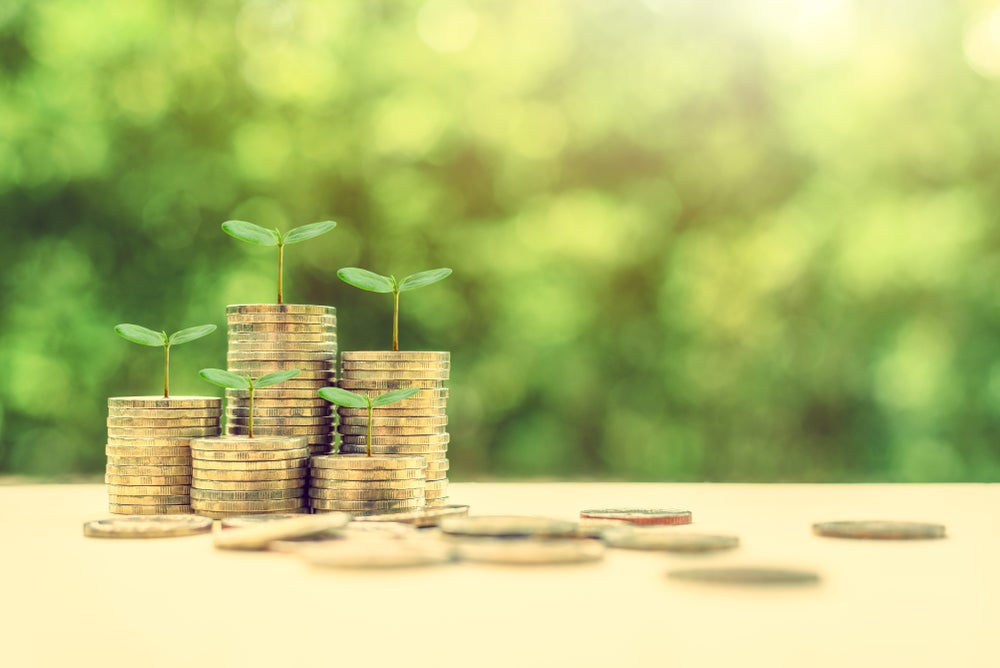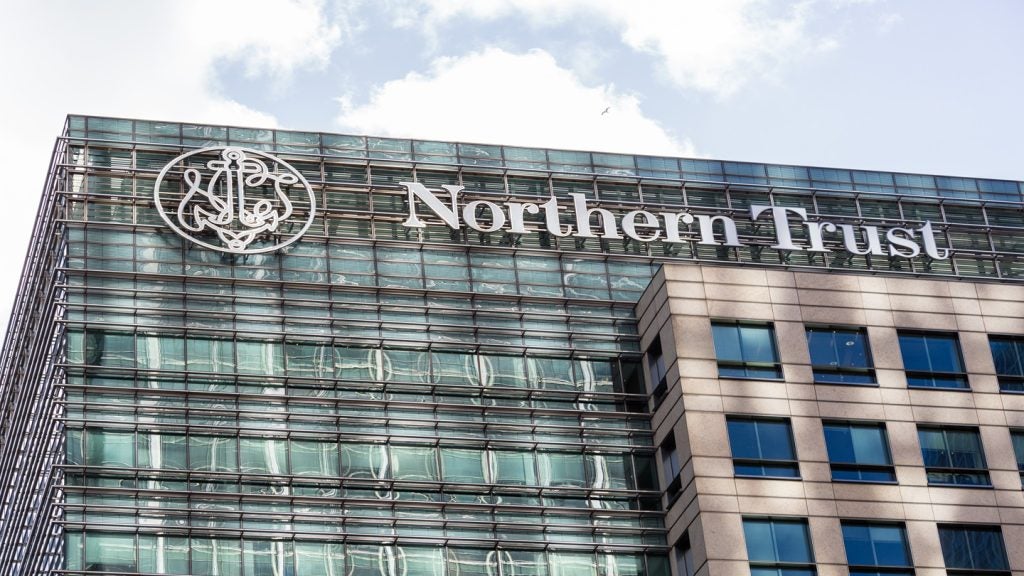
HNWIs are constantly asked about what they will do with their money, from advisers and managers to members of their own families. There is also an increasing pressure to invest responsibly, whether that be through ESG-compliant products or philanthropy. What is a wealthy person to do? Patrick Brusnahan writes
Over three quarters of private wealth holders (77%) engage in impact investing to make the world a better place. They feel they have a sense of responsibility.
This is according to Investing for Global Impact: A Power for Good, a report from Barclays Private Bank.
Now in its ninth year, it also reported that 36% of the wealthy wanted to demonstrate that family wealth can be invested for positive outcomes, a 13% rise compared to 2021’s results.
Furthermore, 84% believe their private capital will be essential in addressing climate change. 61% would be willing to sacrifice some financial returns if their investments helped prevent climate breakdown.
However, 39% believed that returns and creating a good impact could happen together. 80% believed that returns do not always have to be sacrificed to invest in impact. 29% believe there is no trade-off between financial returns and impact at all.
How well do you really know your competitors?
Access the most comprehensive Company Profiles on the market, powered by GlobalData. Save hours of research. Gain competitive edge.

Thank you!
Your download email will arrive shortly
Not ready to buy yet? Download a free sample
We are confident about the unique quality of our Company Profiles. However, we want you to make the most beneficial decision for your business, so we offer a free sample that you can download by submitting the below form
By GlobalDataSpeaking to PBI, Damian Payiatakis, head of sustainable and impact investing, Barclays Private Bank, said: “While the industry has rapidly matured over the last couple of years I would say more of an adolescent stage. It's not nascent, but not mature either. We still have some that need to be given the rationale for doing this. At the same time, though, I think we've moved broadly from the “why” to “how”?
“We see both from a regulatory and an investor perspective, a desire for clarity. We're seeing tools and frameworks and practices that are evolving, but are still in development to be realistic.
“We should acknowledge or accept this. We're in the awkward teenage years. It's natural in terms of the evolution of the field. From a client perspective, I think we're getting increased awareness. We're getting increased interest from families actually across generations, which the report points to as well.
“Whether or not or how much that translates into portfolio action, I think is the outstanding question.”
Private wealth clients seem to have moved away from being convinced into impact investing and are now asking about implementation. Is that an easier conversation?
Payiatakis added: “It's a more enjoyable conversation to have. Here you get into the nuance and the complexity. Those types of conversations are more complicated than “should we do this yes or no”. But they’re more productive.
“We have a huge range of social and environmental problems that require catalytic capital, that can influence tomorrow. We need to get more of capital to address these issues. So therefore, helping guide clients on that journey, I think is the more interesting conversation and the challenging one.”
ESG vs philanthropy
Does impact investing and ESG take away from philanthropy? One could consider them to the be the same thing, except one can provide returns.
Payiatakis concludes: “They are different tools for different situations and circumstances. Where it becomes interesting, particularly for families, is trying to bridge the two.
“There’s always a capital allocation question: should we invest it or should we give it away? I don’t think that’s the question we should be asking. We should be asking: how do we make the most impact with the money we have?”







